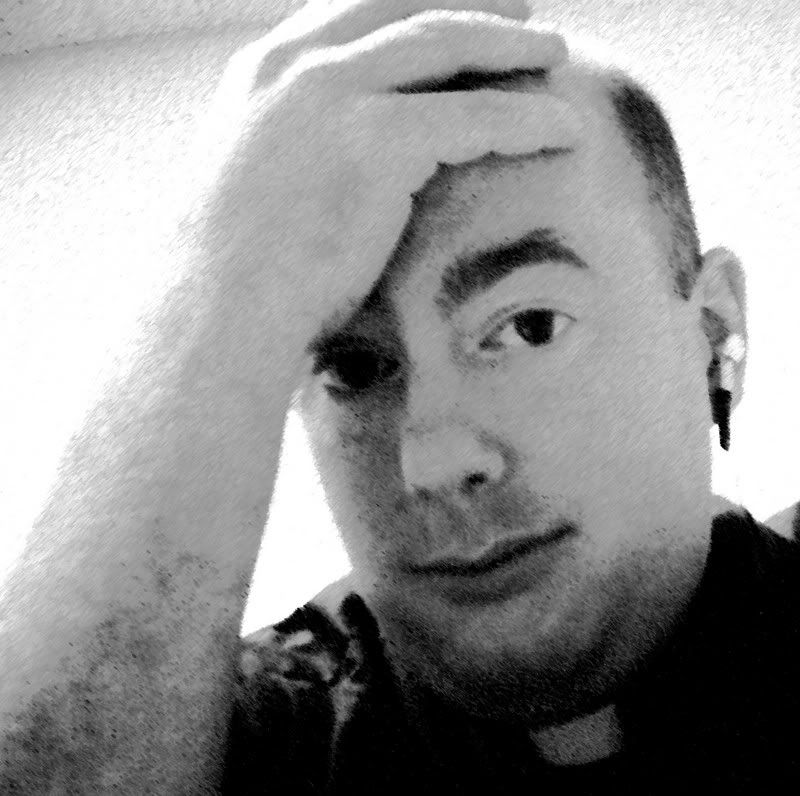Coloured Paper

I remember once when I had been giving a talk to the R.A.F., an old hard-bitten officer got up and said, "I've no use for all that stuff. but, mind you, I'm a religious man too. I know there's a God. I've felt Him: out alone in the desert at night: the tremendous mystery. And that's just why I don't believe all your neat little dogmas and formulas about Him. To anyone who's met teh real thing they all seem so petty and pedantic and unreal"
Now in a sense I quite agreed with that man. I think he had probably had a real experience of God in the desert. And when he turned from that experience to the Christian creeds, I think he really was turning from something real to something less real. In the same way, if a man has once looked at teh Atlantic from the beach, and then goes and looks at a map of the Atlantic, he also will be turning from seomthing real to something less real: turning from real waves to a bit of coloured paper. But here comes the point. The map is admittedly only coloured paper, but there are two things you have to remember about it. In the first place, it is based on what hundreds and thousands of people have found out by sailing the real Atlantic. In that way it has behind it masses of experience just as real as the one you could have from the beach; only, while yours would be a single glimpse, the map fits all those different experiences together. In the second place, if you want to go anywhere, the map is absolutely necessary. As long as you are content with walks on the beach, your own glimpses are far more fun than looking at a map. But the map is going to be more use than walks on the beach if you want to get to America.
C.S. Lewis, Mere Christianity, HarperSanFrancisco, 2001. p.153-154.


3 Comments:
That reminds of a Walt Whitman poem, When I Heard the Learn'd Astronomer.
When I heard the learn'd astronomer,
When the proofs, the figures, were ranged in columns before me,
When I was shown the charts, the diagrams, to add, divide, and measure them,
When I sitting heard the learned astronomer where he lectured with much applause in the lecture room,
How soon unaccountable I became tired and sick,
Till rising and gliding out I wander'd off by myself,
In the mystical moist night-air, and from time to time,
Look'd up in perfect silence at the stars.
That's a terrific poem, thanks.
Whitman makes a similar point, but from a singular perspective. It seems to me that Whitman is advocating for the mystical in contrast to the academic while Lewis says they compliment and enhance each other.
Nonetheless, Whiteman's critique of the "Learn'd" is certainly appropriate, and beautifully made. Thanks.
I love Lewis's ability to respectfully disagree with people. I think we find his genius there; his ability to reason.
Post a Comment
<< Home